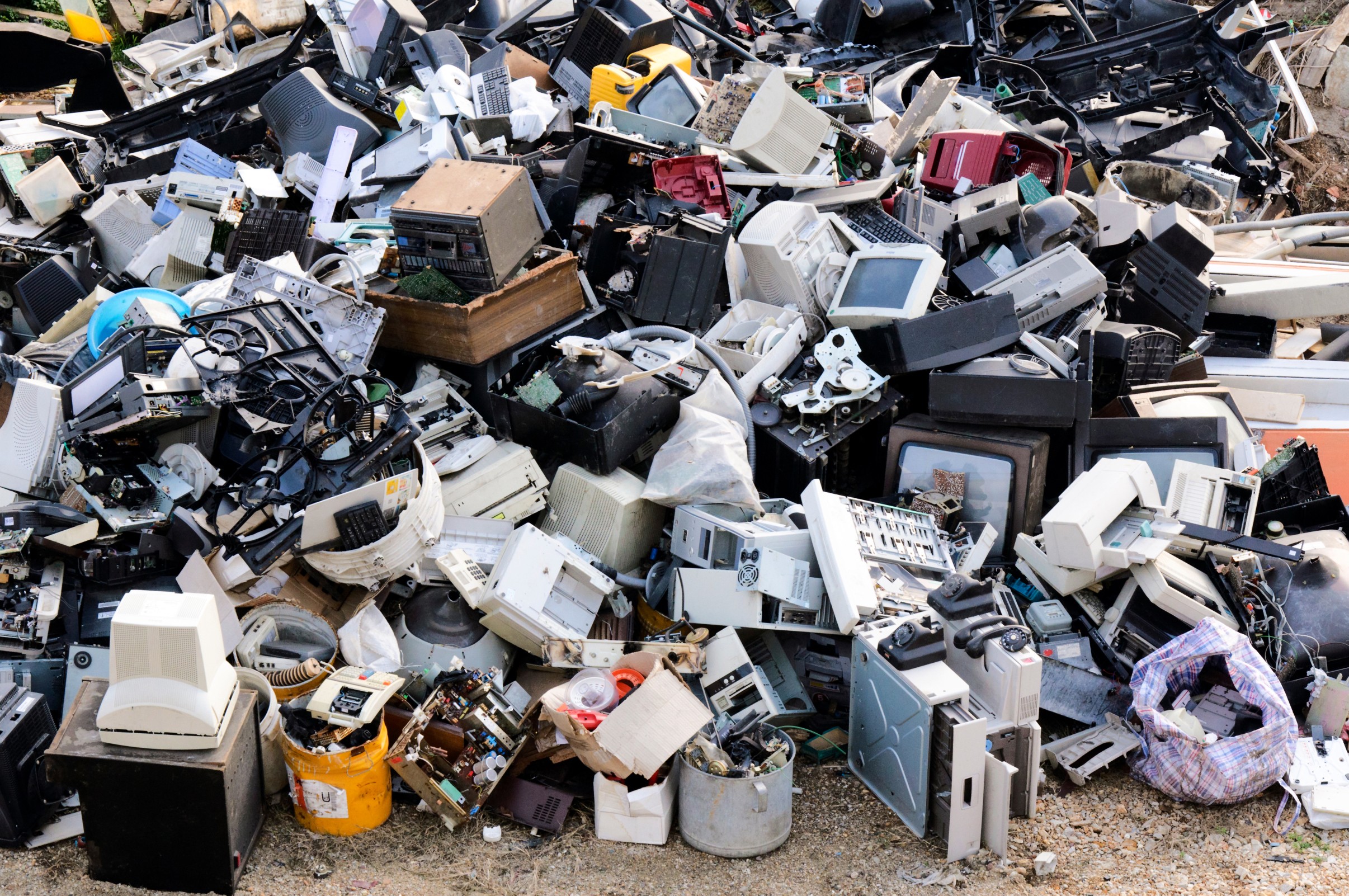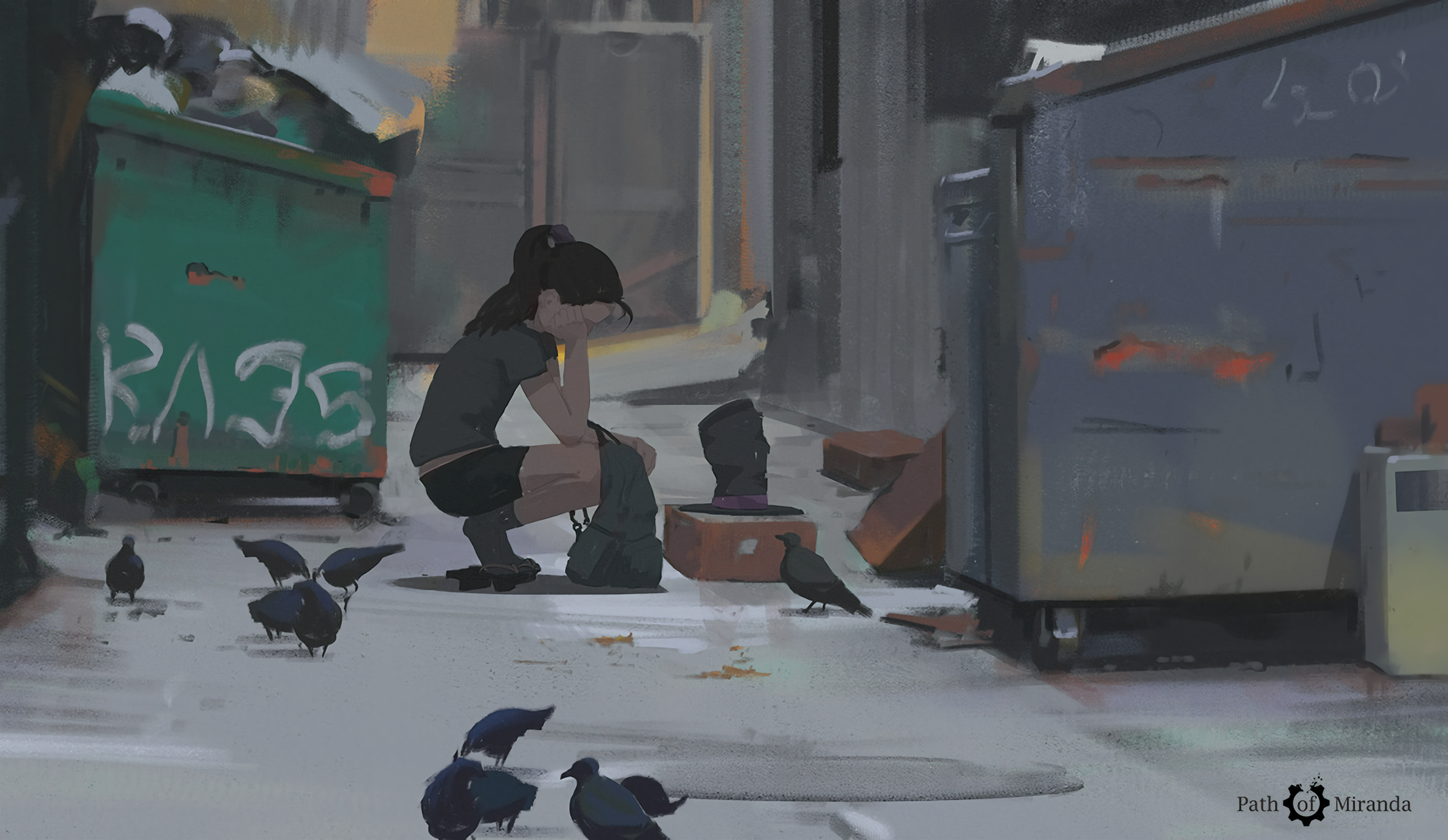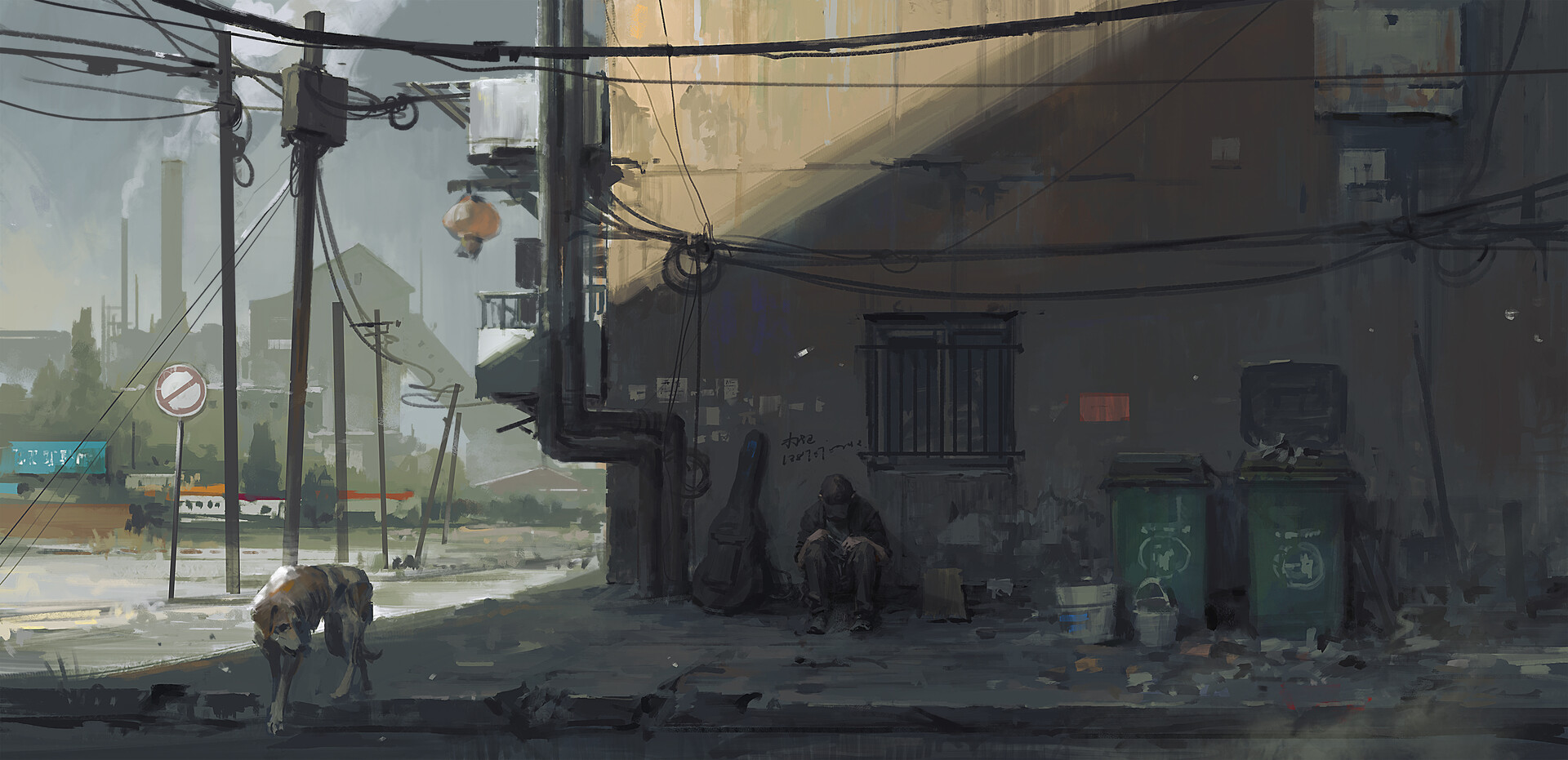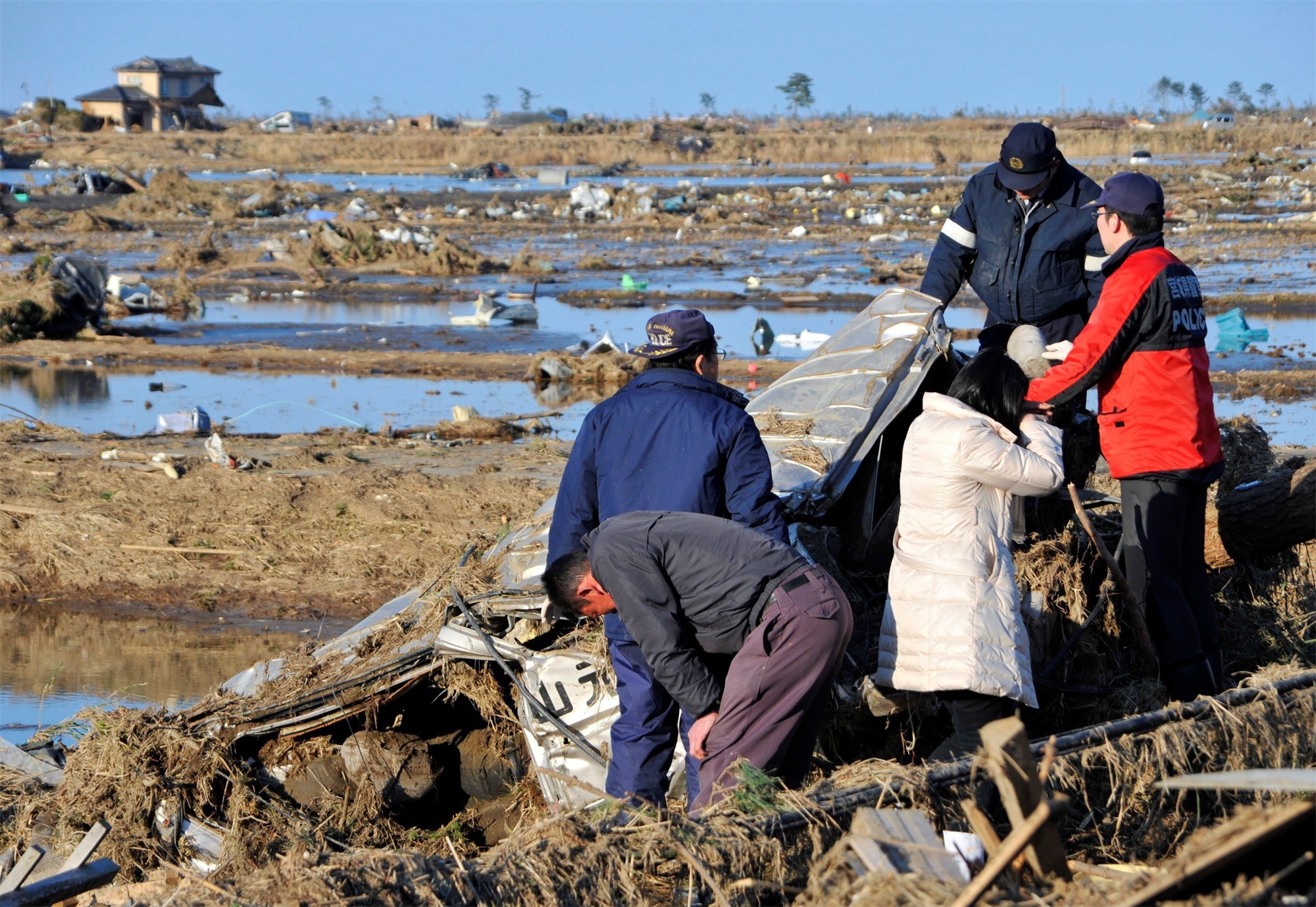Simple answer to solve homeless topic; support the return.
So it sucks to be broke, we all know this and are ALL always at risk of staying financially afloat. The problem that I have been seeing lately is the juxtapositions of how our societies are built. By that, I am referring to things like gentrification and the rise of housing costs.
When I was younger I was often told a lot about gentrification, how bad it is, but I never really understood the irony that it reveals from our society.
Firstly, I notice that in wealthy cities, society tends to mimic a college-environment. This environment reflects things such as clean sidewalks, parking structures, rent-able bikes, digital services, clean parks, Condos, regular maintenance, walk-able amenities and of course, clean and modern-looking stores and restaurants --commonly associated as Gentrification.
These places hardly require the large need for busses or even trains when so much is fairly close to each other, with larger business districts being the ones that actually require commuting to.
This is what we label "Gentrification," however, is this really a bad thing? This just feels like what society should reflect if you follow the responsible path of school to college to a sustainable job flow.
In fact, I would say the real problem is the lack of employments that create these financial distresses in the first place, not so much the pricey studios or restaurants. If old housing can be replaced by newer ones, then all the better for residents to want an upgrade, same as restaurants and new markets. Either way, the market prices will stabilize given enough time to adjust to what people value and don't value.
What I'm saying is that what people have called "Gentrification" is really just the normal progress that society updates.
To place this into perspective, think of the major cities has having 3 important roles to fill. 1. a place for necessary commerce (such as dinning, lounges, small shops). 2. A place of office work where buildings are dedicated to just business companies. 3. A place of studio housing where people can live.
This is just for the city centers, as opposed to the useless centers we have today that is mainly for government agencies, hotels, and drunk bars. The city centers should reflect more than just a place where people go to get drunk in the weekends, it should return to those that actually want to work and live on a daily bases.
Besides the city centers, the way to think about the structures of society is to begin viewing the different types of places that a society depends on. For clarity reasons, I have called them districts:
you have the business districts, often placed on the outskirts where larger company offices can be found such as whole departments or main hqs.
you have the manufacturing district, idealy on the outskirts where larger factories and manufacturing plants and such are found;
the shopping districts where commercial malls, parks, and plazas can be found;
and last but never least the suburb districts where family homes, schools, and grocery marts can be found.
This isn't at all meant to be THE perfect distinction for a society, but it is one of the ways we can begin thinking about how a society functions. When a city is able to blend any of those above, like in Tokyo, Japan or in Washington DC, then we can live easier knowing how to properly maintain and live back into these cities.
What's the alternative? The failure that we have today when cities have failed their own zoning and have made gas stops and liquor stores as far as the eye can see? Modern city zoning is a joke. There is no direction in planning, there is only open lots and whomever wants to fill them. Thus we have giant city centers, with ghost populations, island blocks of small businesses with sporadic visitors, and old warehouses miles and miles in certain locations no one can easily commute to. Who is approving all these absurd zone plans? The answer is the lazy 'hands off' approach that government keeps to justify their own social irresponsibility. Oh, but when it comes to taxes, the government all too cares about gouging more and doing less for societal infrastructure. You get miles of empty lots given out by random, then build a shiny state of the art library and call that good zoning for the political headlines. The ruin is in full display by the lack of housing, employment, and traffic congestion. And then, what is the political move? To build more traffic lanes at a toll roll gouge? To destroy a major road and place a useless train? These are just panics to solve the actual demand for proper zoning reform.
When I think about environments that actually work, such as in cities like Tokyo and other successful world cities, I notice a similar pattern: they either have a healthy walk-able lifestyle, a clean and well maintained environment, or a focus on showing professional business areas and shopping etiquette. As in, when you enter these areas, people are either focused on providing serious job services, or they are focused on providing a mature shopping service. Either way, even in any other circumstance, the point is that these places live in the mutual vibe of "we are here for business, we appreciate and respect your busy schedule, and we expect you to also be mature and show civility as you navigate."
See, this is not so outlandish to believe. A natural human society strives to achieve law and order. Nobody likes to do live in an unsafe place, or a place that disrupts, people strive for a healthy community.
What is not natural is how as humans we can forsake our sensibilities and choose to destroy rather than create and maintain. It is not natural for a human to want a destroyed place to sleep, it is natural for a human to crave a clean and safe place to live. We are such hypocrites that choose to do self harm and destroy buildings, steal things, graffiti walls, litter, and so forth.
People do these awful things because as a whole we do not value nor keep a check on our maturity. When people do value maturity and etiquette, then we are able to reflect that we are responsible enough to live in a healthy society.
Therefore, this is all to remind that what we think is evil "Gentrification" is nothing more than process of a city updating to a cleaner environment for all. Don't hate the changes, dislike that you can't afford them because of the accountability for price control, zoning, and places of unemployment. The real issue is in the absence of financial stability.
In reality, there is nothing from preventing someone to seek a healthier lifestyle that is financially stable. We are the ones to choose to either break and vandalize, or work and be responsible adults. We have the free will and in the end only have ourselves to blame for our own actions when it comes to the status of what we see around us. If the city is a mess, then the city is corrupt. If the city is clean, yet vacant of any use, then the city is a farce and also corrupt. Results should be the focus to measure accountability, not just farce political theater.
How we structure society reflects how we choose to structure our daily peace.
Society is important. Society is how we partake with each other via, trading, learning, helping, communicating, bonding. Living organisms are social entities, even more so human beings. Dogs, for example, crave being with other Dogs and animals; and just like them, in reality we too oppose the opposite which is isolationism and imprisonments.
Therefore, when we see the obvious that society requires a support structure, law and order, safety, maintenance, and so forth, we begin remembering that those that do not advocate for these basic principles are the ones that do not value living in a society. Littering should be a ticket-able offense.Graffiti in unwanted places should be a ticket-able offense. Panhandling and selling outside of market areas should be ticket-able offense(though panhandling is already solved in point 3 below).
This all means that those that value a healthy environment (a proper city), are the ones that actually participate in it, including being financially responsible and mature to keep it clean.
And, when it comes to social finance, there is always the different levels between the well off that can afford the normal "Gentrification" lifestyle, and those that can not. And that's fine, as long as we are all participating in a healthy society, the issue of price can be later adjusted, but first we must resolve having an actual income.
In my view, think of a proper, normal society as being "those that can afford the daily lifestyle of working in the cities, and those that can't. For example, everyone should strive to have that normal work-home lifestyle. But when it comes to someone that is homeless, we shouldn't just arrest them and simply push them out of the cities to be forgotten. We should help them rather than abandoned them because they too deserve a proper work-home balance. We should have proper dedicated areas where we can redirect someone that is homeless in order to get them back on track to a normal life balance; there they would be able to receive the aid, lodging, and most importantly the resources to get back on their feet, not just to simply receive a hand out and shelter--that solves nothing. Don't just teach someone how to fish, help them secure their own temporary fishing tools so that they can fish and be able to buy their own tools next time.
The simple answer to solving the homeless topic is by supporting the mass return of people that are in need of employment, ergo work and housing, so they can have financial stability. I mean, what the heck happened? Where have all the jobs gone and why is part time the only solution? Where are the normal stable jobs? Jobs people can work to make a stable income and pay for their homes? We are at an employment crisis where the only livable option is to push people into the overtime jobs just to afford rental or home payments. What ruined the option for 40 hours in a normal everyday job? It seems we have crippled our 40 hour normal jobs for 40+ hours of a strict overtime job that overworks, enslaves, and lays off just as easily. People work the intense 40+ hour jobs, earning less than a normal 40 hour salary office job. It's absurd.
If someone today were wanting to buy a home, how can they guarantee their job employment will be there in 10 years from now? When a job ends, the doors closed and no one is there to help you into a similar role because of our 'hands off' approach in our dystopian management.
Right now, we simply view the unemployed--well we don't really view the unemployed at all, that's the problem. We forget people. We ignore the homeless everyday. Rather, society should get back to helping each other when we see someone that's in a financial hole whether without job, without lodging, or without food. These are the signs that show they need help so that they too can be living a normal life. The human demand is to help others until they're able to help themselves.
I have listed here 3 crucial points that should be administered, that aren't now, which will help rebuild a fractured society. You can call this new administration the City's Aid & Resource Office. This building should run as well as the postal service runs, like a well oiled processing area. People should be able to enter, meet with actual government workers and councilors, that will redirect them to the service they need in the building. These are based on 3 crucial services.
1. Food serving cafeterias(where basic breakfast,lunch, and dinner will be given for free).
2.Housing dormitories, (where a person can choose to either live with another group or alone).
3. Job employment meetings where a councilor can help connect a person to a job opening the following day. Not on a call back, or long months of 'well be in touch' but the exact following day. The world doesn't stop and jobs are always needed, the problem is the lack of connections being made.
This can also increase the incentive for new jobs to be made locally if now there is a surplus of people ready to deliver on work. See, the problem has always been the lack of accountability. People want to work, people can't find jobs, jobs have little motive or direction to find successful locations to improve their return growth. Where are the facilitators? Where is the actual accountability?
This will help the employment shortage, the job market shortage, and eventually the housing problem when proper management is done.
Also, since we should respect self liberties, if someone wants to WILLINGLY be a nomad or homeless, then they should have the right to do and come and go as they please. However, if when it comes to camping, then they should only be allowed to camp at the district where the administration's housing is located. Meaning, no more camping in random unsafe locations, camping should be re-directed to the district where the City's Aid & Resource Office is; that means no camping in business districts, no camping in urban districts, in commercial districts, etc. Other than that, if someone chooses to be homeless, let them do so and be seen as a 'traveler' not a resident. This should not affect any new prison reform. Whether a resident, a foreigner, or a traveler, no one is above the law when crimes are done.
So the goal of these 3 crucial points are to support our most in need in society, the homeless and jobless, by actually giving them support, not just comfort. In result, we assure that society grows by returning more filled job roles and is overall properly organized. Open markets, afterall, shouldn't just mean unregulated markets or inhumane market systems. People matter whether they are unemployed applications or hiring employers.
Providing a simple free lunch and room does NOTHING to actually improve a person's situation, neither does it improve the health of a functioning society. They will be fed, and have a place to sleep, but in the end they do not have support to re-enter society. When we set society as a normal standard, our goal should be to help those return. It is normal to have a stable job, to be paid, and have a place to live. It is not normal to be homeless, without money, and without an actual work-life balance in a society.
If more cities can take charge and follow these basic principles, then more societies will begin to value a normal life versus an unbalance and neglectful approach to unemployment and homeless topics.
After all, isn't the point of living in a human society based on helping each other? Why is it that we just ignore and reject helping those that have fallen into hard times?
A human society is one where we should strive for a normal lifestyle of school,work, family and friends.
A dystopia is what we have now when the nicer areas, which are really the normal areas, are seen as Gentrification because the poor are pushed more and more away because they are without the participation of currency.
It is horrible how even now many of us are hypocrites. We like our nice cities, yet, many fail to support the homeless. That's why people have a problem with 'gentrification' in the first place. Because the more we continue to push out the poor and leave them at the risk of impoverishment and abandonment, the more we hurt our own healthy job opportunities and view clean buildings and shops as only a wealthy status, not a working status.
Forget this whole idea of Upper, middle and lower class. The problems today strive from the inability to support a functioning society of those that HAVE work and therefore have a means to survive, and those that DON'T HAVE work and are left to fend for themselves.
Lastly, the biggest blame is our local governments. It doesn't matter what country you live in, if your local government has nice cities, but lacks support for the unemployed and relies solely on private agencies, then that means all they really have is a shell society, a farce. They are living in the bubble of the city economy while failing and ignoring to do their job at administrating to the residents, the unemployed and homeless. They are willing to take your tax dollars, but not willing to actually administer any support that bridges people to vacant work openings. Isn't that ironic?
Oh, but when it comes to DMV departments, they always have enough staff at hand to slowly devoid all life from people's time and gouge you for more tag fees.
This is why I admire the human side of a natural disaster, because when people need help someone is always there to care.
Cities are the ones that manage the exact businesses that are registered, meaning they know the markets, but they don't keep track of the market demands for employment slots? It's like they approve of open markets, more businesses, but they can care less about wanting to know if a business needs employees or has enough employees, or is in route to closing shop.
The role of government isn't to simply use more taxes to feed and give free housing to the unfortunate, the role is to also give them support that can help stand back on their own two feet in order to return back to the support of a healthy society. If a person has a healthy work to life balance, then they won't need the temporary handouts of aid. As long as we address the issue of employment first, we can't move on to talk about the different rates of rentals and pricing, which differs based on individual choice
So how do you solve the issue of homeless? You have to address that it is an issue and caused by the lack of proper administrative responsibility. What we have today is an absence, free handouts, and an anarchy-like negligence of human life.









